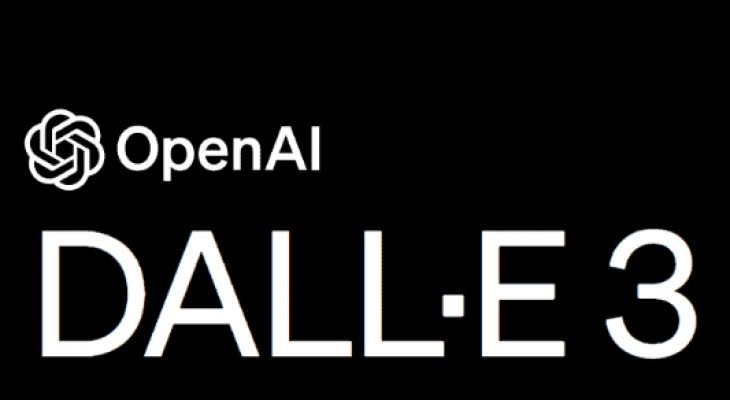On Tuesday, OpenAI announced that its popular AI image generation feature is now accessible to all ChatGPT users, including those on the free tier.
CEO Sam Altman shared the news via a post on X, confirming that the rollout is not an April Fool’s prank. This new development allows free users to generate up to three images daily using OpenAI’s advanced GPT-4o model, which powers the image generation tool.
The GPT-4o model represents a leap in AI capabilities, offering precision in rendering intricate details and complex relationships between objects.
Unlike its predecessor, DALL·E 3, which relied on diffusion techniques, GPT-4o employs a transformer architecture to build images step by step. This innovation enables users to create visually rich images with up to 20 distinct elements, surpassing earlier limitations in AI-generated art.
Altman expressed excitement about the feature’s widespread adoption, noting that it attracted one million users within an hour of its release. However, he acknowledged challenges related to infrastructure strain due to high demand. To address this, OpenAI has implemented rate limits for free users while offering more outstanding allowances for paid subscribers.
Studio Ghibli-inspired art sparks debate
The rollout coincides with a surge in the popularity of Studio Ghibli-style AI-generated artwork created using OpenAI’s tool. Thousands of users have shared their creations online, fueling enthusiasm and controversy. While the resemblance to Studio Ghibli’s iconic art style has captivated many, it has also reignited debates over copyright and ethical concerns surrounding AI training data.
Studio Ghibli co-founder Hayao Miyazaki has been vocal about his disapproval of AI-generated art, adding weight to ongoing discussions about intellectual property rights.
OpenAI has defended its approach by emphasising creative freedom for users while promising to monitor societal feedback on potentially offensive outputs. Altman stated that OpenAI aims to balance user control with ethical considerations but acknowledged unresolved issues.
The rollout of free access marks a milestone for OpenAI, which continues to expand its user base and redefine possibilities in AI-driven creativity.
















